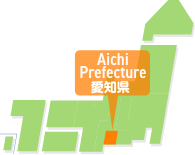What if an emergency earthquake alert sounds? A big earthquake might be coming? What will you do?
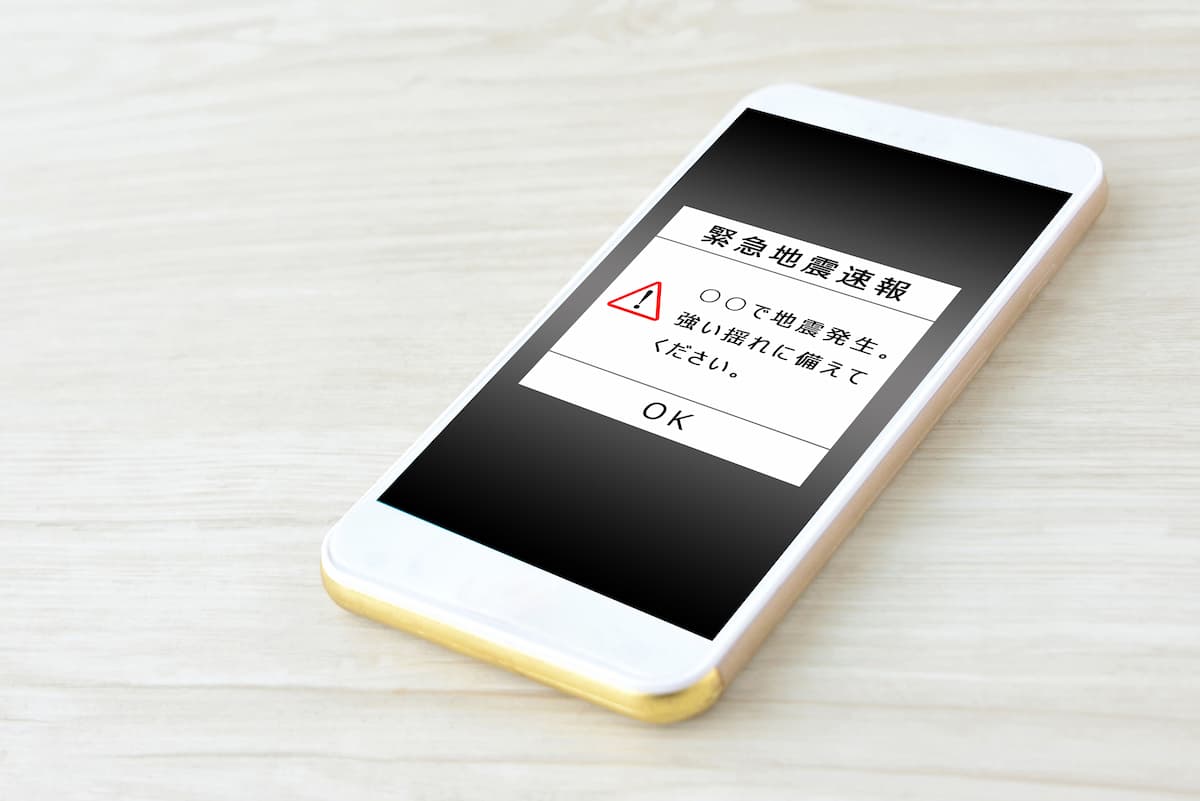
Hello, this is Kano from JAC (Japan Association for Construction Human Resources).
Have you ever heard of an earthquake early warning?
Japan is an island nation that experiences many earthquakes.
The Earthquake Early Warning System warns you of the onset of large tremors just before a strong earthquake occurs.
Some people may have heard an emergency earthquake alert on their mobile phone (smartphone).
This time, we will introduce what to do when the emergency earthquake alert sounds.
We will also introduce what types of broadcasts will be aired and precautions you can take on a daily basis.
What is the "Earthquake Early Warning"?
An emergency earthquake alert is a warning that is sent via radio, television, mobile phones (smartphones), etc. when a strong earthquake occurs.
Notify people in areas where strong shaking is expected.
When you hear the Earthquake Early Warning, you will likely feel strong shaking immediately.
Therefore, if you hear an emergency earthquake alert, take action immediately to protect yourself.
"Self-protective actions" include getting under a table or desk, or protecting your head with a futon or cushion.
An emergency earthquake alert will sound a special sound (alarm).
*Some mobile phones require notification settings.
In addition to being broadcast on television, radio, and mobile phones, warnings may also be announced over the local disaster prevention radio station.
It's a sound that warns of danger, so you may be startled the first time you hear it.
It's a good idea to listen to the sound that is being broadcast as an emergency earthquake alert on YouTube so that you can take action immediately to protect your safety.
▼Emergency earthquake alert sound
Initiatives to ensure everyone can act safely in the event of a disaster
During the Great Hanshin-Awaji Earthquake, a major earthquake that occurred in Japan in 1995, many foreigners were unable to receive the information they needed.
Therefore, in the wake of the Great Hanshin-Awaji Earthquake, "Plain Japanese" was created in Japan.
Plain Japanese is a simplified Japanese that is easy for foreigners to understand.
◎Normal Japanese
At around 7:21 this morning, a strong earthquake struck a wide area, mainly in the Tohoku region. Aftershocks are always present after a large earthquake. Please continue to be extremely cautious.
◎ Plain Japanese
There was a big earthquake in the Tohoku region at 7:21 this morning. Aftershocks occur after big earthquakes. Please be careful.
*Quote: About" Plain Japanese "in Tokyo
For example, you can use Plain Japanese to create a board that can communicate with guidance and pointing that can be used in the event of a disaster.
If you print out the communication support board, it will be easier to communicate what you want hospitals and people to do if you are injured in an earthquake.
There is also a smartphone app called "Safety tips" that provides disaster information for foreigners.
It will send you information about disasters such as earthquakes, tsunamis, typhoons, and heat stroke via your mobile phone.
Please give it a try.
What should you do when an earthquake early warning sounds? Introduction by situation
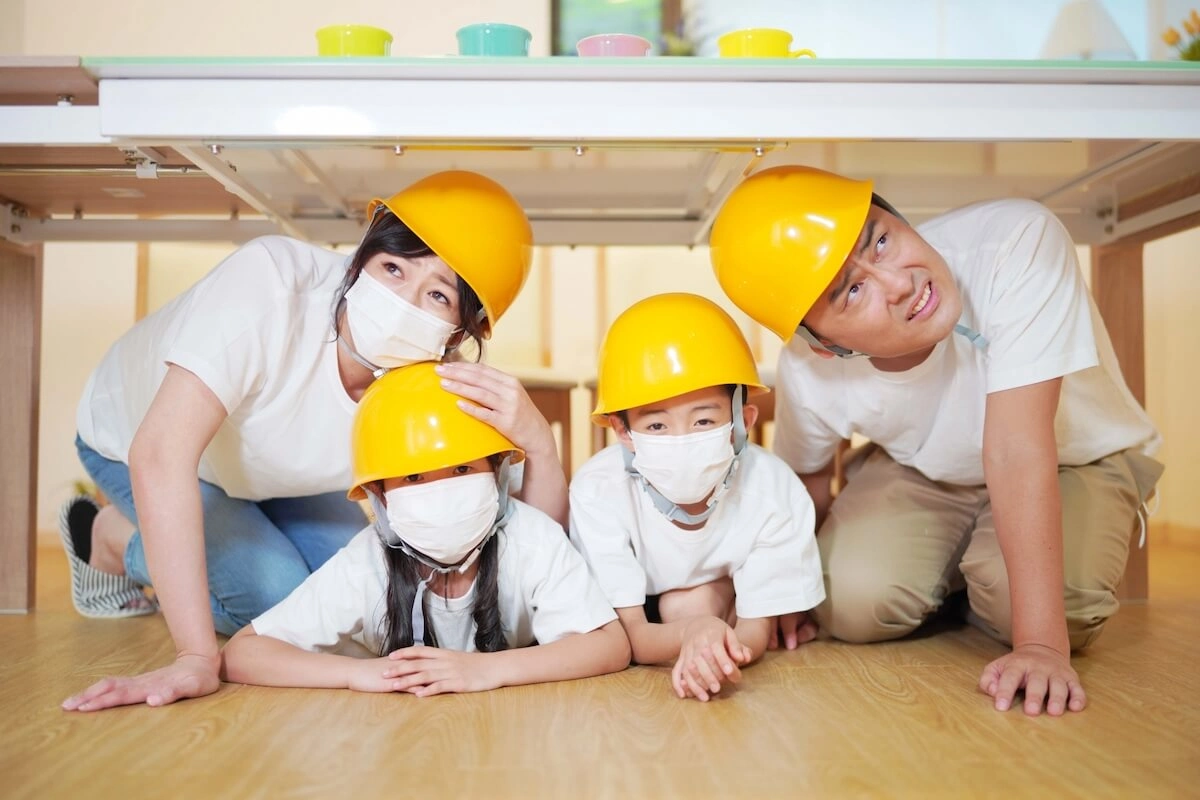
When the Earthquake Early Warning System sounds, the basic actions to take are as follows:
- Don't be surprised, don't panic
- Use an object to protect your head until the shaking of the earthquake stops.
- Stay away from windows and objects that may fall over
Foreigners are not used to earthquakes.
So a lot of people are surprised.
It is very dangerous to be startled by an earthquake and panic by running outside or clinging to anything that may fall over.
If you know what to do when an earthquake occurs, you can remain calm.
We will introduce what to do depending on the situation when an emergency earthquake alert sounds.
When you're at home
- Get under a table or desk and use an object to protect your head
- Stay away from windows and large furniture
- Don't rush outside in a panic
- If you are using fire, such as when cooking, turn it off immediately. If you are away from the fire, turn it off after the shaking has stopped.
- Leave the door open so you can evacuate
If you are injured in the earthquake and are unable to move, call an ambulance (telephone 119).
It's also good to know how to communicate pain
Learn how to express pain in Japanese! How to convey pain effectively
When you're in the store
- Don't panic, follow the instructions of the staff.
- If the store staff does not give you any instructions, use an object to protect your head.
- Stay away from windows, glass, mirrors and anything that could fall over
- If something is about to fall, get away from under it
- Don't use the elevator
In stores, it is dangerous for large groups of people to gather at exits or on stairs, so do not panic and listen to the instructions of store staff to evacuate.
When you're in an elevator
- Press the button for every floor and get off at the next open floor
When you are outdoors (outside a building)
- Stay away from block walls, vending machines, utility poles, street lights, large trees, signs, window panes, etc.
- Be careful of things falling from above and move away from buildings
▼ Block walls (commonly seen in Japanese houses)
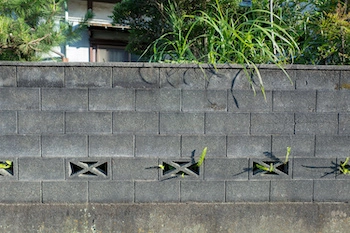
When you are near a mountain or cliff
- Large rocks may fall, so move as far away as possible.
When you are near the sea or a river
- There is a risk of tsunamis and rivers overflowing, so move far away and to higher ground.
- Do not approach the sea or rivers until the tsunami warning is lifted.
When you're in a car
- Wait for the earthquake to subside. Do not rush out of your car.
- Hold the steering wheel firmly. Slow down slowly.
- Ensure safety around you and park slowly (if possible, park on the left side of the road).
- If you evacuate leaving your car abandoned, be sure to turn off the engine
- If you evacuate leaving your car parked, close the windows.
- If you are evacuating and leaving your car unattended, leave the keys in the car.
- If you evacuate leaving your car parked, do not lock the doors.
- If you are evacuating and leaving your car behind, take your vehicle registration, wallet, etc. with you when you leave.
When you are on a train or bus
- Hold on tightly to the straps and handrails
- Even if the train or bus stops, don't rush out.
- After the earthquake has subsided, follow the crew's instructions and begin evacuating.
Learn about everyday safety measures
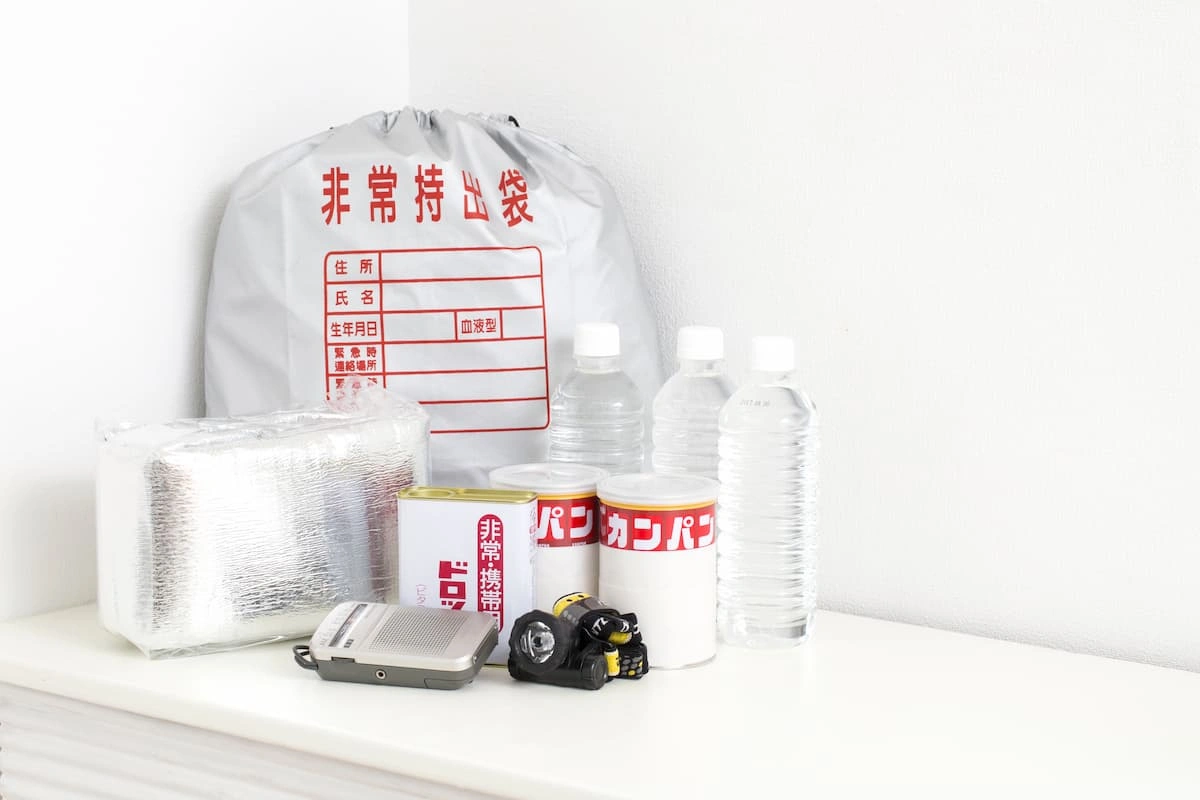
Japan is an island nation that experiences many earthquakes.
It is important to take measures and prepare in advance so that you can evacuate safely whenever an earthquake occurs.
Take safety measures in the home
Secure furniture, televisions, refrigerators, and other items that may easily fall over.
It is a good idea to apply shatterproof film to window glass to prevent the glass from shattering into pieces.
Participate in evacuation drills
Evacuation drills are held in Japan to ensure that people know how to act when an earthquake occurs.
They are often held by schools, companies, neighborhood associations, etc.
You may also be given instructions on evacuation routes and how to prepare emergency food.
If you have the opportunity, I recommend you participate.
Be aware of precautions when evacuating from your home
If there is a risk of a tsunami or your house has been destroyed, go to an evacuation shelter.
When going to an evacuation shelter, please keep the following two things in mind:
- Turn off the gas valve
- Turn off the breaker (to stop the electricity coming on)
Electrical breakers are installed in places such as the entrance, hallway, and above the kitchen.
Slide the leftmost knob down to turn off the breaker.
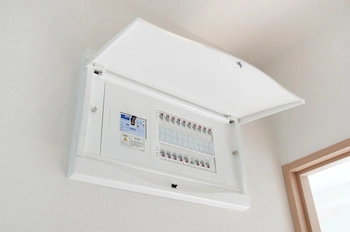
Check the evacuation shelters and evacuation routes (directions)
Check the hazard map (disaster prevention map) for the area where you live.
It is often listed on the website of your local government office.
It's a good idea to check the area by actually walking around while looking at a map.
It is also important to confirm with family and friends where to meet for evacuation and how to contact them.
Prepare the necessary evacuation equipment
When an earthquake occurs, gas, electricity, and water supplies may be cut off.
Even if you go to an evacuation shelter, it will take several days for food and drink to arrive.
Prepare enough food and drinks for a few days.
Other items you should prepare include a flashlight, tissues, underwear, clothes, a radio, and (for women) sanitary products.
When evacuating, it is safest to have nothing in your hands.
Place your belongings in a backpack so that you have both hands free.
Learn about J-Alert
J-Alert is a warning issued when there is a possibility that a ballistic missile launched primarily by North Korea may pass over or fall near Japan.
Emergency alerts will be sent to your local disaster prevention radio and to your mobile phone (smartphone).
▼J-Alert warning sound broadcast from a disaster prevention radio receiver
When a J-Alert sounds, if you are outside, take refuge in a sturdy building or underground if possible.
If you are indoors, move away from windows.
If there is no place to take shelter nearby, use an object to protect your head.
Summary: When the Earthquake Early Warning System sounds, remain calm and take action to protect yourself. Preparations in everyday life are also important.
When a large earthquake occurs, an emergency earthquake alert is issued.
You will be notified on television, radio and mobile phones.
When the Earthquake Early Warning sounds, a large tremor will occur soon.
Don't panic, stay calm and ensure your safety.
Your response will change depending on where you are when the earthquake hits, such as if you are indoors or near the sea or a river.
However, one thing that can be said in common is to remain calm and protect your head.
Japan is an island nation that experiences many earthquakes, so it is important to take measures and prepare for them on a regular basis.
Now is the time to start preparing safety measures in your home, checking evacuation shelters and routes, and preparing the things you will take with you when you evacuate.
If you haven't heard the Earthquake Early Warning yet, listen to the video.
You can act calmly when the alarm goes off.
*This column was written based on information from August 2023.
About us, JAC
JAC(Japan Association for Construction Human Resources)is an organization that supports all Specified Skilled Workers working in the Japan construction industry. We work with companies that accept Specified Skilled Workers to create a work environment that is easy for everyone to work in.
We're also taking the exams you need to become a Specified Skilled Workers!
And JAC has received many requests for job offers from companies that want Specified Skilled Workers to work for.
Specified Skilled Workers Wanted! Job Listings
For those of you who want to work in Japan using Specified Skills, we are introducing jobs that match your occupation and aspirations!
If you have any problems, please feel free to contact us!





